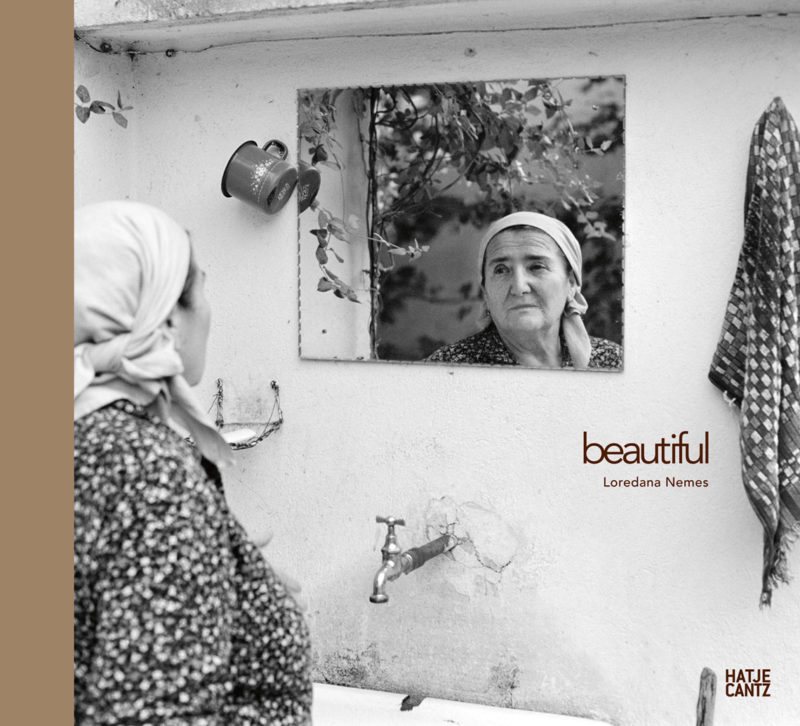At age 14, Loredana Nemes was forced to leave her home, a Romanian town called Sibiu, to settle in Germany. It’s one thing to leave your home town to go to college, having just graduated from high school. But it’s quite another having to leave your home town, to find yourself on the other side of a large political divide.
Is it really, though? On the surface, of course circumstances are very different when you leave knowing you can go back compared with when you have to leave not knowing whether you will ever be able to go back. And there is you leaving knowing you never want to go back.
However, beyond all those different circumstances lies the notion of the very first home, which often enough is the idealized home, idealized as the best possible possible home any child could want to have (or the worst possible home – some people derive their comfort from the negative idealization). Once you’ve grown up, how accessible is that home? Does trying to access that home differ depending on the way you left? Or is what differs merely the kind of drive you display, trying to go back (or avoiding to go back by all means necessary)?
Nemes’ Beautiful, photographed over the course of a little more than ten years, is a meditation on this topic. And the word “topic” really isn’t the right choice here, because the book is not about a topic, it’s not even “about” something in any kind of overly abstract sense.
Beautiful is unashamedly sentimental (and I don’t mean this as a criticism), while at the same time facing what the changed times (and circumstances) have brought. Crucially, the photographs are combined with short texts, written by the photographer. These texts stand in place for all that which is unphotographable. Describing them that way might not do them much justice, but you might get a better idea of how they function.
The books’ design plays a significant role as well, with a variety of image sizes, pairings, full-bleed images versus ones with space around them etc. The design certainly enhances the overall experience of the photographs and text, establishing or amplifying their feelings.
Beautiful is not the kind of book I could imagine making about my home town. I don’t have any feelings of sentimentality for a place that I was glad to leave, a place that since then, from all I’ve heard, has changed a lot and not for the better. It’s probably fair to say that I’m not the most sentimental person. This book talks to me about something I am not overly familiar with. And I like that.
There is comfort in being told what you already know: It essentially tells you that you are right after all (even if you’re not). But there also is a strange kind of comfort in being told what you don’t know. You’re challenged, it is true, but you’re also being made aware that there are other ways to see the world, that, provided you’re a little open, there is space to grow.
So Beautiful is indeed beautiful, if you allow the photographs (and text) to work their way (not your way). We will never be able to go back to our childhood homes, however much or little we idealize them; but there still is so much to be gained from trying to go back anyway.
Beautiful; photographs and text by Loredana Nemes; 136 pages; Hatje Cantz; 2013
Rating: Photography 3, Book Concept 4, Edit 3, Production 4 – Overall 3.5
Ratings explained here.
